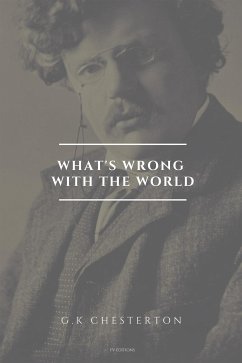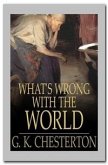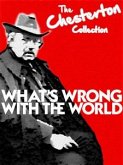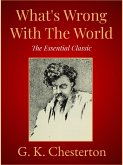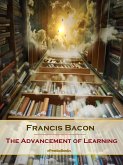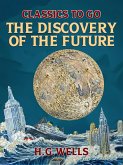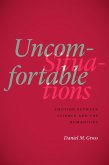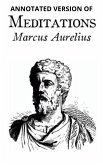*** Premium Annotated Ebook including a biography and quotes from the author ***
"Now (to reiterate my title) this is what is wrong. This is the huge modern heresy of altering the human soul to fit its conditions, instead of altering human conditions to fit the human soul. If soap boiling is really inconsistent with brotherhood, so much the worst for soap-boiling, not for brotherhood. If civilization really cannot get on with democracy, so much the worse for civilization, not for democracy."
In this essay first published in 1910, G.K Chesterton raises an important question : Has the Enlightenment ideal of continual social progress been a reality, or has it all been a piece of western myth-making? Thinking about our actual world and all the problems we are facing, many find Chesterton’s analysis just as insightful as it was nearly a century ago.
Hinweis: Dieser Artikel kann nur an eine deutsche Lieferadresse ausgeliefert werden.
"Now (to reiterate my title) this is what is wrong. This is the huge modern heresy of altering the human soul to fit its conditions, instead of altering human conditions to fit the human soul. If soap boiling is really inconsistent with brotherhood, so much the worst for soap-boiling, not for brotherhood. If civilization really cannot get on with democracy, so much the worse for civilization, not for democracy."
In this essay first published in 1910, G.K Chesterton raises an important question : Has the Enlightenment ideal of continual social progress been a reality, or has it all been a piece of western myth-making? Thinking about our actual world and all the problems we are facing, many find Chesterton’s analysis just as insightful as it was nearly a century ago.
Hinweis: Dieser Artikel kann nur an eine deutsche Lieferadresse ausgeliefert werden.

